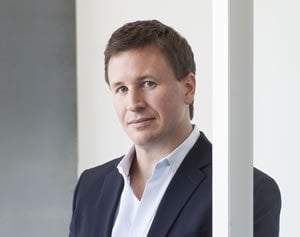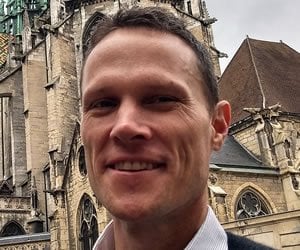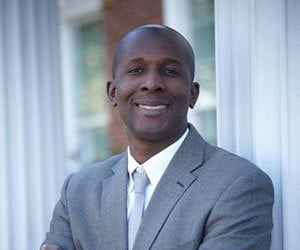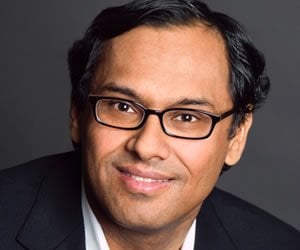Dr. Matt McCarthy is an assistant professor of medicine at Weill Cornell Medical College and an assistant attending physician at New York-Presbyterian Hospital. He graduated from Harvard Medical School and went on to complete his internal medicine residency at Columbia University Medical Center. Before that, Dr. McCarthy graduated from Yale University with a degree in molecular biophysics and biochemistry, and then spent a year in Minor League Baseball. He wrote about his stint in baseball in Odd Man Out: A Year on the Mound with a Minor League Misfit. The Real Doctor Will See You Shortly: A Physician’s First Year is his most recent book, and details the trials and tribulations of internship year. Dr. McCarthy has published in USA Today, Sports Illustrated, The Atlantic, Slate, Reuters, Deadspin, and Stat. I sat down with Dr. McCarthy at an Upper East Side café to pick his brain. This interview has been edited and condensed:
Breaking the Glass Ceiling: Students With Disabilities in Medical School
Updated December 1, 2021. The article was updated to correct minor grammatical errors and to … Read more




















